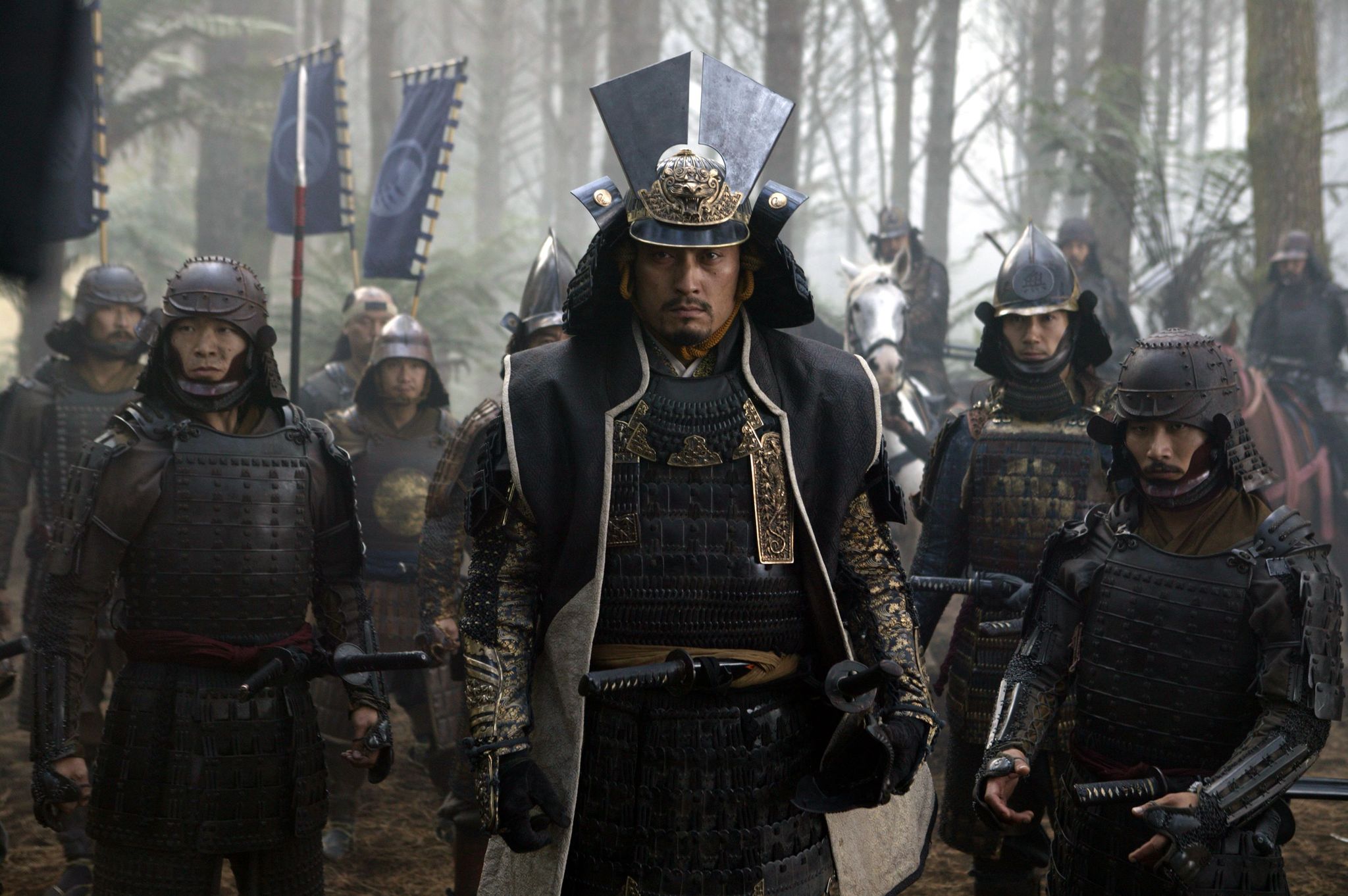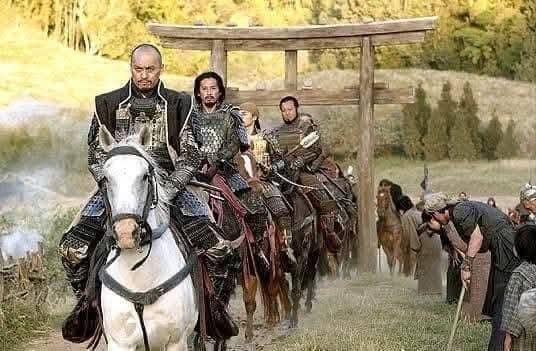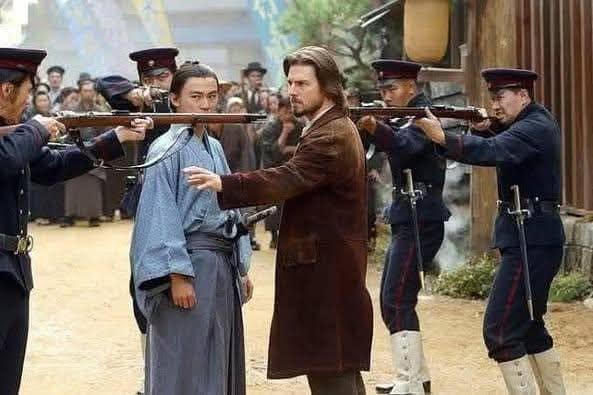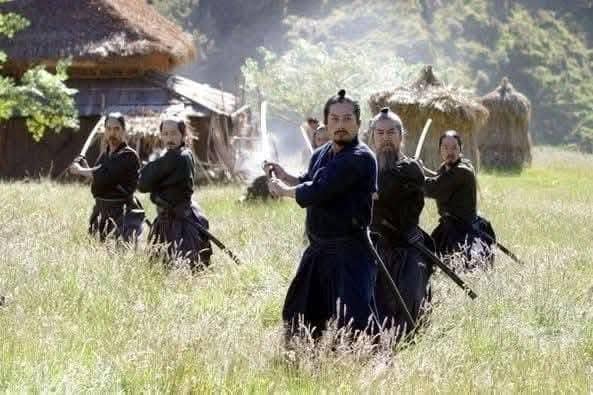The Last Samurai (2003)

The Last Samurai is a sweeping historical epic that captures the soul of a dying era with grace, power, and unforgettable emotion. Tom Cruise stars as Captain Nathan Algren, a disillusioned American soldier haunted by his past, who is captured during battle in Japan and unexpectedly drawn into the world of the samurai. Immersed in their disciplined, honorable way of life, Algren finds purpose, peace, and a cause worth fighting for—just as modernization threatens to erase the very culture that saved him. Guided by the noble Katsumoto (Ken Watanabe), Algren must choose between loyalty to his own nation or standing alongside the warriors who taught him the meaning of honor. With stunning battle sequences, breathtaking cinematography, and a moving score, The Last Samurai is both a thrilling war film and a poetic tribute to courage, sacrifice, and the timeless values of the warrior spirit.

The Last Samurai, directed by Edward Zwick and starring Tom Cruise, is a powerful film that blends action, history, and drama to tell a story about transformation, honor, and cultural respect. Set in late 19th-century Japan, the film explores the clash between tradition and modernization through the eyes of an American soldier who becomes immersed in the samurai way of life.
Nathan Algren, played by Tom Cruise, is a former U.S. Army captain traumatized by his past. Hired to help modernize Japan’s military, he ends up captured by the samurai, led by the wise and noble Katsumoto (Ken Watanabe). Instead of being treated as a prisoner, Algren is shown respect and compassion. Over time, he begins to admire the samurai’s discipline, honor, and deep connection to their culture. His transformation from a broken soldier to a man of purpose is one of the most compelling aspects of the film.

The movie does an excellent job of portraying Japanese culture with beauty and sensitivity. The peaceful village scenes contrast sharply with the violent modernization forced by the emperor’s advisors. The samurai are not shown as primitive warriors but as individuals guided by honor and spiritual belief. The relationship between Algren and Katsumoto highlights mutual understanding, respect, and the possibility of harmony between cultures.

The performances are outstanding, particularly Ken Watanabe, who brings depth and dignity to his role. The cinematography captures Japan’s natural beauty, and Hans Zimmer’s music adds emotional weight to the story. Although the film has faced criticism for historical inaccuracies and the “white savior” trope, many viewers appreciate its message of humility, personal growth, and respect for other cultures.
In conclusion, The Last Samurai is more than a war film – it is a story about redemption, cultural appreciation, and the timeless value of honor. It reminds us that even in a rapidly changing world, traditions and values can still hold deep meaning.











